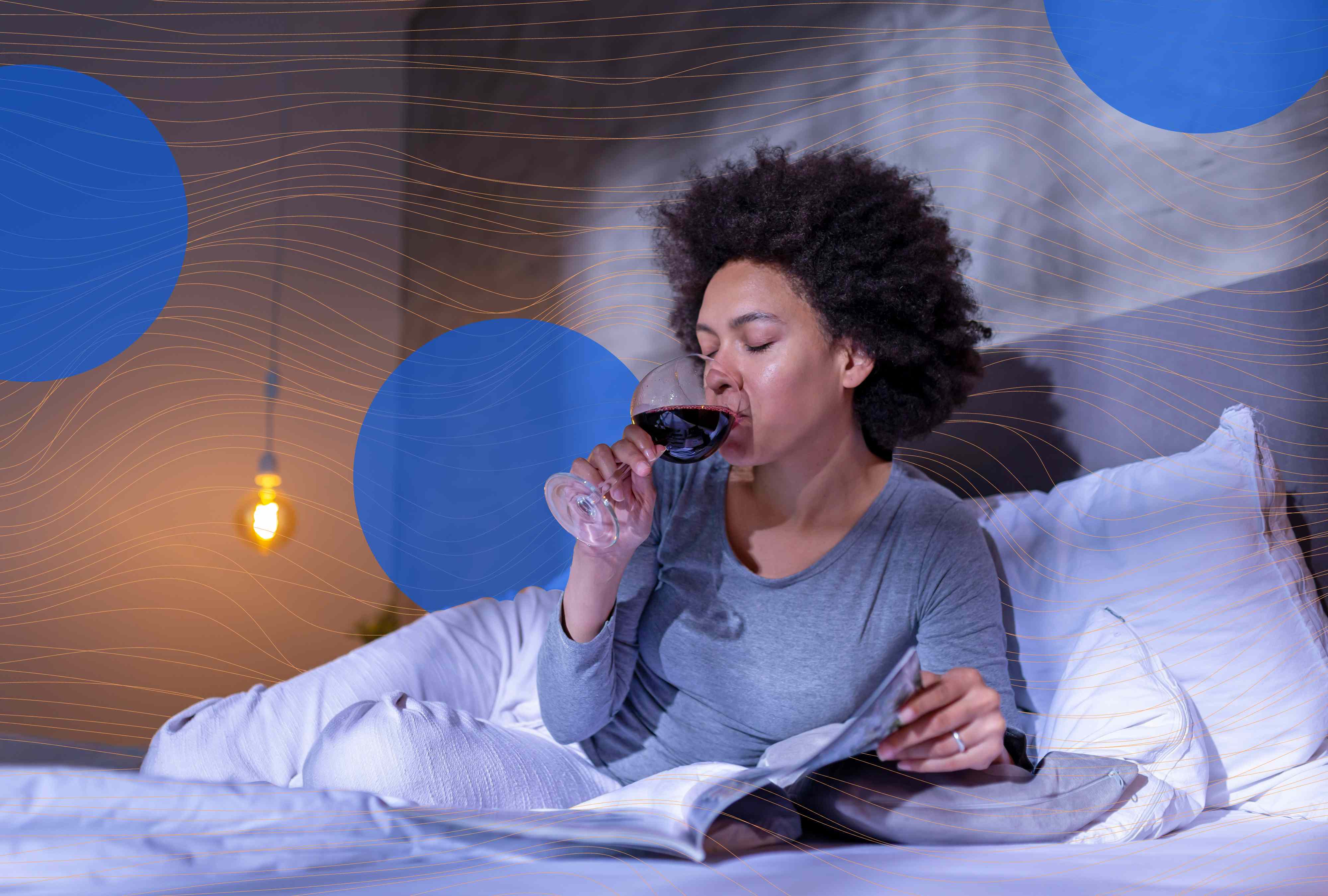5 Foods to Avoid After 5 PM for Better Digestion

Understanding How Nighttime Snacks Can Worsen Constipation
If you're dealing with constipation, it's important to consider how your evening habits might be contributing to the issue. While many people focus on daytime diet and hydration, what you eat before bed can have a significant impact on your digestion. By making mindful choices about your nighttime snacks, you can help support regular bowel movements and avoid waking up feeling more uncomfortable.
Key Points to Keep in Mind
- Choosing the right foods to eat before bedtime can help prevent constipation.
- Avoiding high-fat and low-fiber foods is essential for maintaining good digestion, especially at night.
- Establishing a consistent sleep routine can improve overall digestive health and promote regularity.
The Impact of High-Fat Foods on Digestion
High-fat foods such as cheese, processed snacks, or heavy takeout meals can slow down digestion, which may make constipation worse. According to Samantha DeVito, M.S., RD, CDN, these types of meals can delay stomach emptying and reduce the natural morning urge to have a bowel movement. Even large servings of nut butters before bed can be problematic, as they may slow gastric emptying, leading to constipation.
Your digestive system follows a circadian rhythm, meaning it's more active during the day and slows down at night. Eating high-fat foods too close to bedtime can interfere with this natural process. Instead, opt for lighter, high-fiber meals that work with your body’s rhythms rather than against them.
The Role of Alcohol in Constipation
Drinking alcohol before bed can also worsen constipation. Alcohol acts as a diuretic, reducing levels of vasopressin—a hormone that helps the kidneys retain water. This can lead to dehydration, which makes stools harder and more difficult to pass. Additionally, alcohol can disrupt sleep, and poor sleep quality is linked to slower gut motility, making it harder to have a morning bowel movement.
Refined Grains and Their Effect on Bowel Movements
Refined grains like white bread, white pasta, and white rice are often consumed as comforting nighttime snacks, but they can contribute to constipation. These foods are stripped of most of their fiber during processing, which means they lack the bulk needed to help move stool through the digestive tract. Fiber plays an important role in keeping things moving, acting like a broom to sweep waste out of the body.
Instead of refined grains, choose high-fiber fruits like kiwi or dates, or opt for whole grains such as oats to support better digestion.
Protein-Boosted Snacks and Digestive Challenges
While protein is essential for overall health, not all protein sources are equally easy on the digestive system. Many high-protein snacks, such as protein bars, cookies, pretzels, and chips, contain protein isolates and sugar substitutes that can cause bloating and gas in people with sluggish digestion. Chia pudding, on the other hand, is a great alternative that offers both protein and fiber.
Dairy Products and Constipation
Dairy-based snacks like yogurt, milk, and cheese may contribute to constipation if you're sensitive to lactose or have a tendency toward sluggish digestion. These foods contain protein and fat that take longer to break down, which can be challenging if you already struggle with regular bowel movements. If you notice that dairy leaves you feeling backed up, consider choosing lactose-free alternatives or plant-based options instead.
Additional Tips for Better Digestion at Night
- Eat a light snack rich in fiber and fluids. Options like berries with probiotic-rich kefir or a small bowl of oatmeal with chia seeds can be beneficial.
- Establish a consistent sleep schedule. Your gut thrives on routine, so going to bed and waking up at the same time every day can help maintain bowel regularity.
- Practice gentle movement after dinner. Activities like walking can encourage digestion and reduce the risk of constipation.
- Eat consistent meals and snacks throughout the day. Avoid eating too close to bedtime and aim to spread meals evenly to support regularity.
Expert Insights on Nighttime Habits
Just as there are things that can relieve constipation, there are also habits that could be making it worse—especially those involving what you consume before bed. Since digestion operates on a circadian rhythm, with activity slowing down at night, certain foods and drinks can exacerbate the issue. Finding the right balance and making adjustments based on personal responses can help improve overall digestive health.
Post a Comment for "5 Foods to Avoid After 5 PM for Better Digestion"
Post a Comment